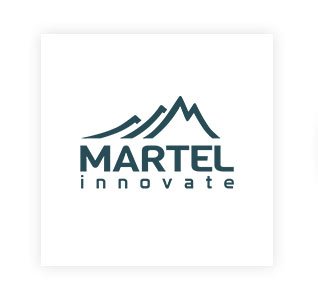On-Screen with Martel – Driving business in the time of COVID-19

Tanya Suarez, CEO and Founder of BluSpecs and IoT Tribe
In this week’s episode of ‘On-Screen with Martel’, Tanya Suarez, CEO and Founder of BluSpecs and IoT Tribe shares her views with Martel’s CEO Dr Monique Calisti on the challenges of running a business during the COVID-19 lockdown. Both have worked together on the IoT Large Scale Pilot Programme and will continue to work on a new project to be announced soon (stay tuned!)
Monique asks Tanya about the corrective measures she put in place to transform her business activities. Tanya observes that, at a time when nobody in the world was able to engage on a face to face basis, videoconferencing became the default communications channel, with their operations in Europe, in the UK and in Singapore
Although accustomed to videoconference, the challenges of a cessation of face to face meetings make it difficult to broaden your network of contacts. Both Tanya and Monique use networks such as LinkedIn. Whereas they had been ‘nice to have’, they have become primary channels for reaching out to new people. “I love meeting people face to face, as so does my team” says Tanya. This helps to better understand people and their organisations as well as identifying commonalities.
Remote working tools became primary channels
Soft skills and bonding through human connections are missing, observes Monique. However, in some cases the focused calls and limited amount of time before the next call helped to be more effective.
Tanya says activities are adapted to remote working in different ways. In terms of business development, they are always looking for new partners, opportunities to grow the businesses, give more meaning to existing activities and develop and adjust to new circumstance (even before signals in the market that COVID-19 would cause changes).
In terms of scouting for new partnerships, human contact will happen but has been delayed, observes Tanya, giving one example of a delayed recruitment process until it is possible to meet in person.
Some important work was possible remotely. H-2020 Endeavour Space Hub, connects space technology developed in EU institutions and finds routes to go to market, by connecting technologies with start-ups and SMEs. A critical launch recently took place, which involved bringing together – albeit remotely – design studios, start-up pitching, mentoring and research organisations.
Monique points out those working in Digital Innovation have no danger of being disrupted in the short term but asks Tanya to give her view on the risks for SMEs in Europe in the medium to long term.
Medium to long term impact mitigation requires a business as usual approach
Tanya suspects that fewer in-person interactions may impact on creativity in the short term. She warns that fatigue may be a risk if it is not addressed and addresses this in her own company through company quiz nights which stimulate social bonding.
Risks as consumers, citizens and business owners is concern over the economy, leading to a reduction in spending. “We all need to do our bit to keep doing ‘business as usual’ as much as possible” says Tanya.
Being an entrepreneur in the age of COVID-19 calls for an extra dose of resilience, endurance and vision, agrees Monique, in order to combat fatigue and remain innovative and productive. Small players must gather forces rather than compete.
 Horizon Europe
Horizon Europe



